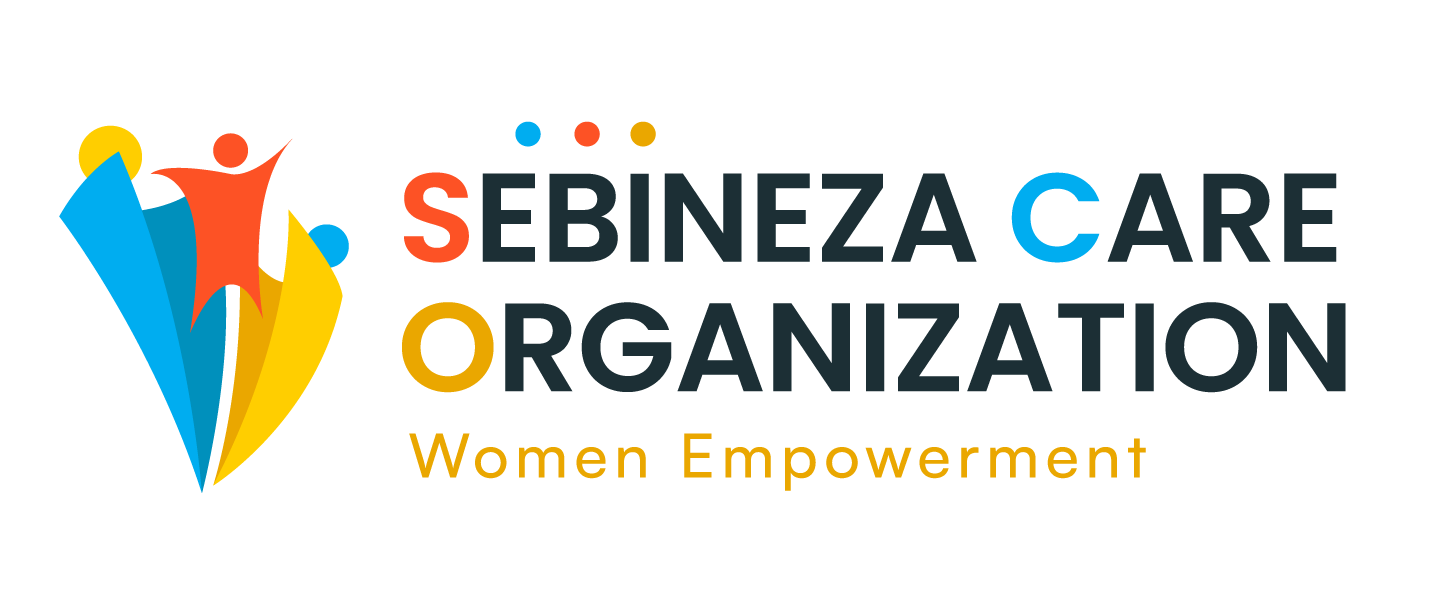Healthcare Support

The Sebineza Care Organization prioritizes healthcare support as a cornerstone of its mission to empower and sustain refugee women, especially during pregnancy. Recognizing the critical health challenges faced by this vulnerable group, the foundation offers tailored healthcare initiatives to ensure safe pregnancies and better health outcomes.
Key Healthcare Support Initiatives
- Prenatal Care Services
- Access to routine prenatal check-ups to monitor the health of both mother and baby.
- Nutritional counseling and provision of supplements to combat deficiencies common among refugees.
- Education on maternal health and pregnancy-related conditions.
- Safe Delivery Support
- Partnering with local healthcare providers to ensure safe deliveries in clinics or hospitals.
- Training traditional birth attendants in safe practices where formal healthcare is limited.
- Emergency transport services for laboring women in need of urgent medical attention.
- Postnatal Care and Recovery
- Follow-up health check-ups for mothers and newborns.
- Counseling on breastfeeding, nutrition, and infant care.
- Support for women experiencing postnatal depression or complications.
- Access to Medical Supplies
- Distribution of essential medical kits, including sanitary items, baby supplies, and hygiene products.
- Access to vaccines for both mothers and newborns.
- Provision of medication for pregnancy-related conditions such as anemia and infections.
- Health Education Workshops
- Informative sessions on family planning, reproductive health, and hygiene practices.
- Awareness campaigns to reduce the stigma of seeking medical help.
- Training on recognizing and managing complications during pregnancy.
- Collaboration with Healthcare Professionals
- Building partnerships with local doctors, nurses, and midwives to extend quality care to refugee women.
- Organizing medical camps for underserved communities.
- Training healthcare workers in cultural competency to better serve refugees.
Long-Term Goals for Healthcare Support
-
- Reducing maternal and infant mortality rates among refugee populations.
- Ensuring equitable access to healthcare for all women, regardless of their socio-economic status.
- Empowering women to make informed decisions about their health and well-being.
